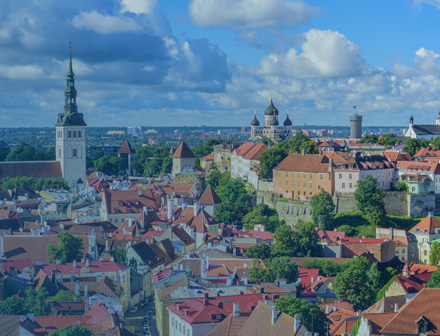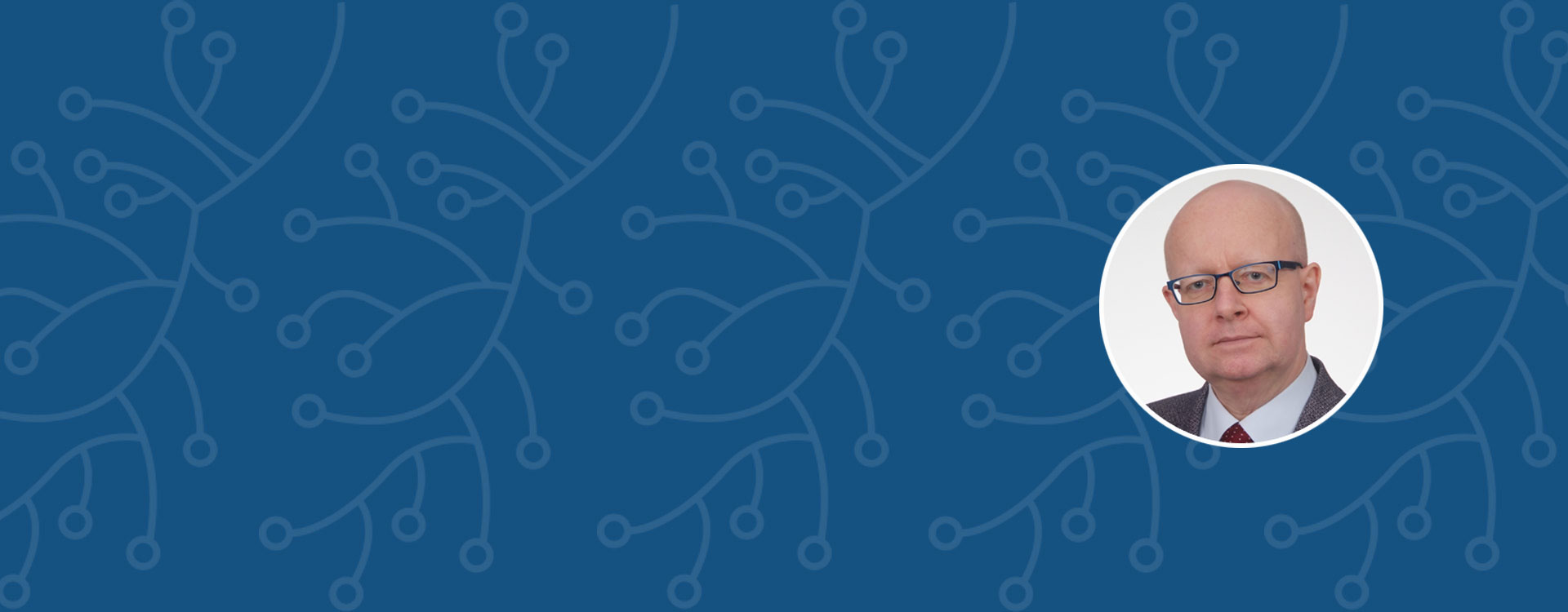This website uses cookies so that we can provide you with the best user experience possible. Cookie information is stored in your browser and performs functions such as recognising you when you return to our website and helping our team to understand which sections of the website you find most interesting and useful.
We speak to Professor Mariusz Adamek, Professor of Medicine and Health Sciences and Chairman of the Steering Committee, Nationwide Programme of Early Lung Cancer Detection (WWRP), Poland.
What led you to work in lung cancer?
Initially, it was an interest in preventive medicine, especially in the realm of oncology. Then it was seeing the opportunity offered by low-dose computed tomography (LDCT), which was growing in sophistication. As this developed it enabled the discovery of more and more pathologies at a decreasing radiation dose.
I was also attracted by the dedicated people who pioneered the area of lung cancer screening against all odds.
What does an average day look like for you?
In the morning I have a ward routine: emergency duty reporting, discussing patients and conducting ward rounds. I also give lectures and teach – the majority of which is related to lung cancer biology, early lung cancer and cancer screening. Later in the day, I typically see our screening participants.
Regarding lung cancer screening in Poland, what is working well and what could be improved?
We have successfully formed a national team of motivated and truly engaged screening personnel. They constitute a very efficient and collaborative group.
On the other hand, we lack appropriate support and engagement from healthcare policymakers. This is why I am so enthusiastic about the Lung Cancer Policy Network initiative.
What motivated you to join the Lung Cancer Policy Network?
I immediately realised that the Network strives to fill a huge gap by attempting to build a worldwide hub to promote and coordinate efforts in implementing lung cancer screening into everyday clinical practice. I couldn’t ask for more.
What would you like to see from the Lung Cancer Policy Network as it develops?
I would envisage the Network being a comprehensive, reliable, evidence-based source of information exhaustively characterising all aspects of lung cancer screening. In the future, I see it including a number of added-value resources that don’t pertain only to early lung cancer.
What changes would you like to see in lung cancer care on a global level?
I would like to see more support for smoking cessation, early detection using LDCT and potentially cancer biomarkers, as well as prompt radical treatment to achieve survival rates comparable to colorectal or breast cancer.
What do you think is the most interesting or exciting research finding in recent years?
Since this an ongoing and never-ending story, I will sum up three particularly exciting time periods in three points:
- The realisation that gene sequence/presence in the genome provides a single copy of the genetic code (the recipe to make an organism). The others most likely reside in epigenetics (DNA methylation and acetylation) and in ‘junk’ DNA.
- Being able to detect multi-cancer biomarkers via liquid biopsy, such as utilising multi-analyte cluster analysis or fingerprinting of DNA methylation. This will, I think, transform the early detection of cancer.
- Witnessing the change in how we understand reality as we learn more about quantum physics. For example, we are discovering more and more about the ways that quantum physics is involved in biological functioning, even within cancer cells, which gives rise to the most sophisticated devices.
What do you like to do in your spare time, away from work?
Travelling and sightseeing in the whole Mediterranean region, as I am a lover of classical Greece and the Bronze and Stone Ages. I have visited the majority of archaeological excavation sites and museums in Greece, Turkey and Israel.
The Lung Cancer Policy Network brings together a unique mix of experts in lung cancer from around the world, united in their passion to eliminate lung cancer as a cause of death.
We regularly share profiles of our members so that you can find out more about what led them to work in lung cancer and what changes they would like to see in lung cancer prevention and care on a global level.
Recent news
News

Network produces recommendations for lung cancer screening in Asia Pacific
The Lung Cancer Policy Network recently hosted a collaborative workshop with the Asia Pacific Coalition Against Lung Cancer during the Asia Conference on Lung Cancer.
Blog

2024 reflections: a year of progress across the global lung cancer community
More people have access to LDCT screening than ever before. This year, four more countries have made a formal commitment to implement LDCT screening for lung cancer, and several implementation studies are under way.
Case study

Building evidence to inform future roll-out of lung cancer screening in Estonia
We examine the key evidence used to inform the development of a national screening programme for lung cancer in Estonia from 2021 to date.
